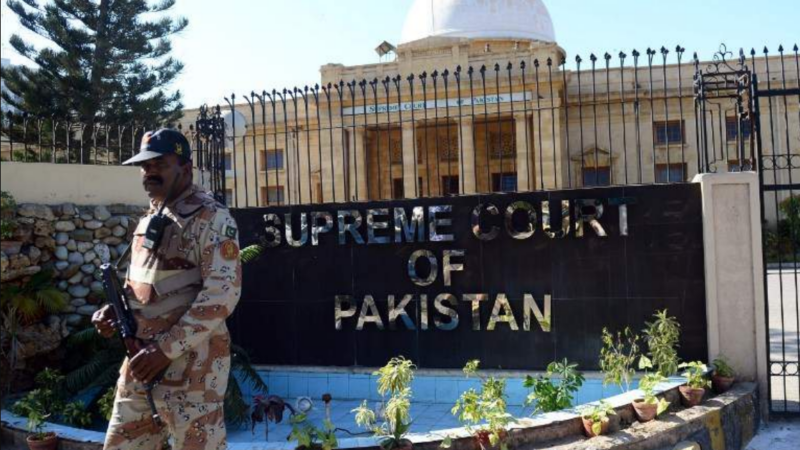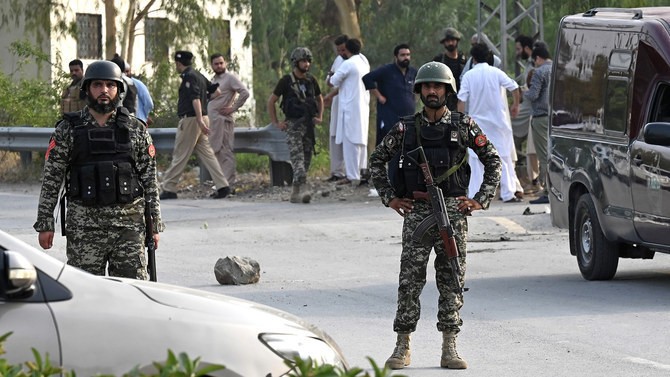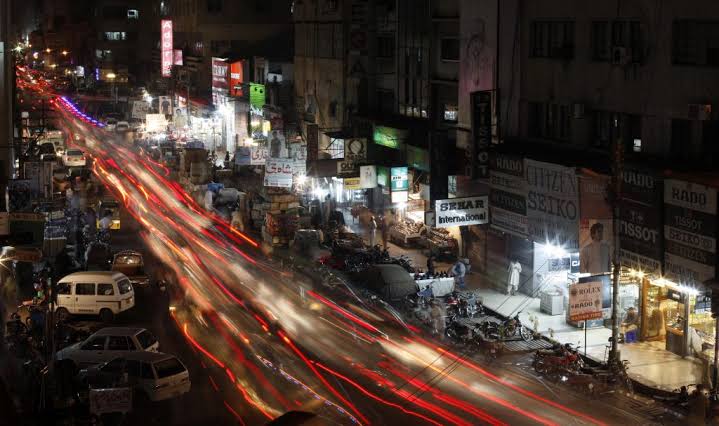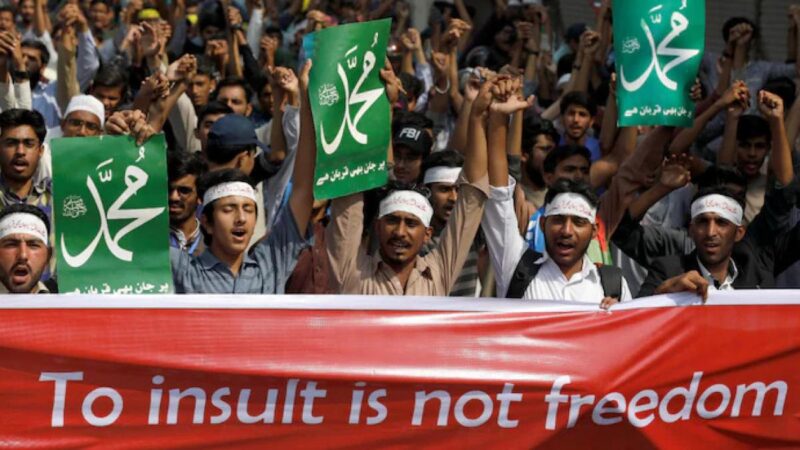Former Afghan president’s political activity restricted in UAE

United Arab Emirate has restricted the political activities of formar Afghanistan President Ashraf Ghani in the territory.
The remark was made by a member of the cultural commission of the Islamic Emirate, Ahmadullah Wasiq.
“The UAE imposed restrictions on the political activities of all officials of (former president) Ashraf Ghani’s administration who live in Dubai and other cities,” Wasiq said on Twitter late Sunday. “The restriction included Ashraf Ghani himself, Ata Mohammad Noor and Mohib.”
The UAE has yet to make any comment.
The deputy spokesman for the Islamic Emirate, Inamullah Samangani, said that the issue was not officially discussed between the governments of the UAE and the Islamic Emirate.
“Considering today’s situation, world countries have understood how to move toward Afghanistan and they will not allow anyone to have political activities in their countries, but nothing has so far been officially shared with us by the UAE about the situation,” he said.
Relatives of the former Afghan president, and Ata Mohammad Noor, leader of the splinter faction of the Jamiat-e-Islami Afghanistan, denied that such restrictions were being imposed.
“The policy that the UAE has towards politicians living there means that it doesn’t allow anyone to engage in political activities. These procedures are not only for president Ashraf Ghani. These procedures were imposed on Benazir Bhutto and the former prime minister of Thailand,” said Hashmat Ghani, brother of the former president.
As the forces of the Islamic Emirate approached the gates of Kabul, Ghani and his close aides fled the country amid chaotic conditions.
Political analysts believe that the UAE’s restriction on Ghani and his team is due to the Afghans’ involvement in massive corruption.
“The Taliban has ramped up pressure on the Arab countries, particularly the UAE where a good number of former officials live, to restrict their (former officials) political activity and instead to push their own agenda to get recognition,” said Maisom Kazimi, a political analyst.






